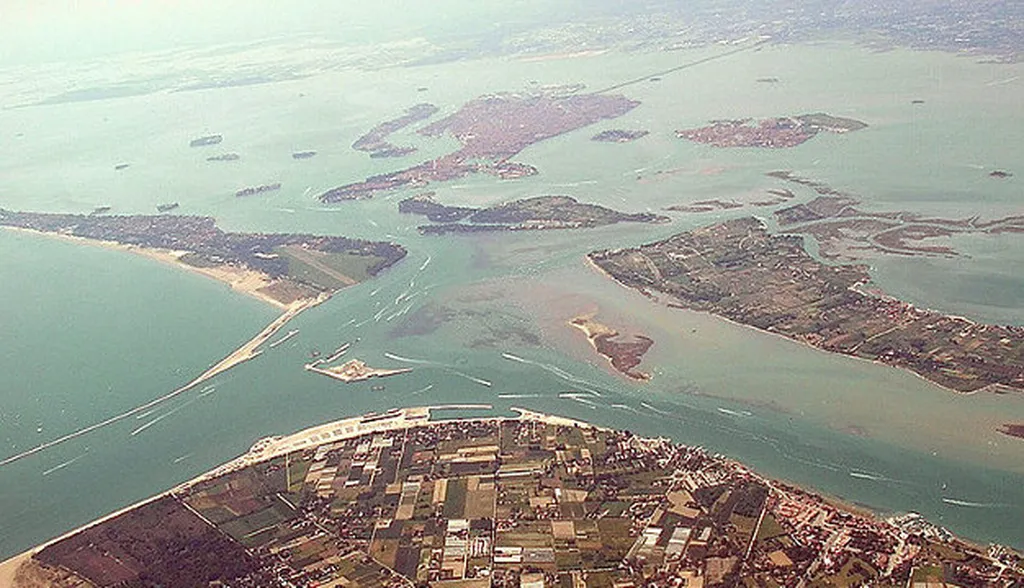In the heart of Italy, researchers are diving deep into the complexities of urban water networks, seeking to revolutionize how cities manage this vital resource. Filippo Mazzoni, a leading expert from the Department of Engineering at the University of Ferrara, has recently published a compelling editorial in the journal *Frontiers in Water* (which translates to *Frontiers in Water* in English). The piece, titled “Urban water network planning and management: perspectives and solutions in the transition towards smart systems from the city to the end-use scale,” offers a fresh perspective on the future of water distribution systems.
Mazzoni’s work delves into the critical aspects of water systems resiliency and reliability, areas that are increasingly important as cities grow and climate change intensifies. “The traditional approaches to water network planning and management are no longer sufficient,” Mazzoni asserts. “We need to embrace smart systems that can adapt to the dynamic needs of urban environments and the end-users.”
The editorial highlights the significance of intermittent supply systems and smart metering technologies, which are poised to transform how water is consumed and managed. These innovations are not just about efficiency; they are about creating resilient systems that can withstand the pressures of urbanization and climate variability.
For the energy sector, the implications are profound. Water distribution systems are energy-intensive, and any improvements in efficiency can lead to significant cost savings. Smart metering, for instance, can provide real-time data that helps utilities optimize their operations and reduce energy consumption. “By integrating smart technologies, we can create a symbiotic relationship between water and energy systems,” Mazzoni explains. “This can lead to more sustainable and cost-effective solutions for both sectors.”
The research also underscores the importance of network planning and management at both the city and end-use scales. This holistic approach ensures that water systems are not only efficient but also equitable, serving all segments of the population effectively.
As cities around the world grapple with water scarcity and aging infrastructure, Mazzoni’s insights offer a roadmap for the future. The transition to smart water systems is not just a technological upgrade; it’s a paradigm shift that will redefine how we think about water management.
Published in *Frontiers in Water*, this editorial serves as a call to action for policymakers, engineers, and industry leaders to collaborate and drive innovation in urban water networks. The journey towards smarter, more resilient water systems has begun, and the stakes have never been higher.

